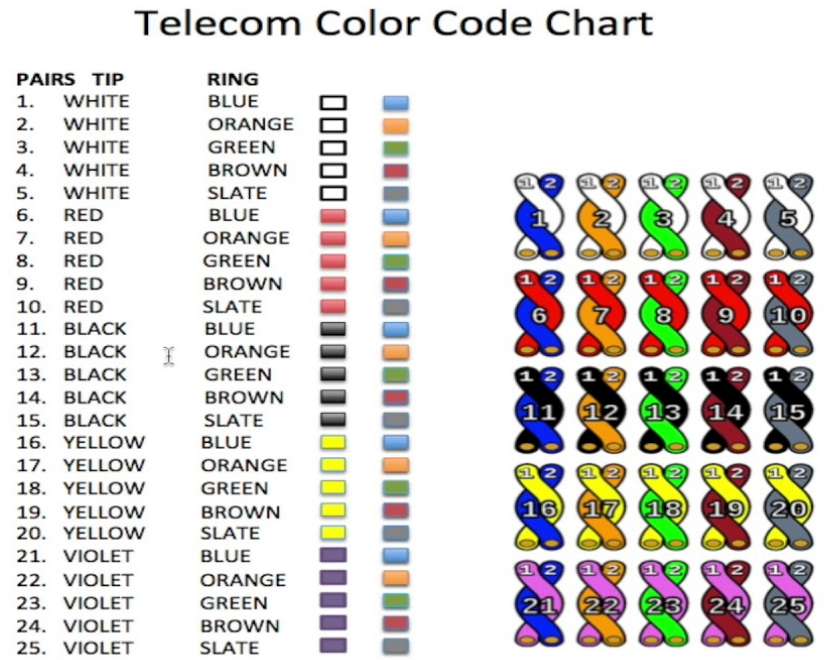Title:
Reflections on Media Independence produced by the Internet
Word Count:
649
Summary:
Due to the rapid pace of globalisation, the Internet has allowed society to become more interconnected. It has allowed a wider range of contribution from people with varying discourses and ideologies, making this form of media more independent.
Keywords:
Internet
Article Body:
Rapid technological advancements in the 21st Century have ensured that society is now more connected, and there are an increased number of media channels available. Unfortunately, due to dominant media ownerships some would argue that though we have a choice in what we want to watch, our choice is still limited due to tight media control. However, to a limited extent media independence is now being balanced due to the increased popularity of the Internet. This can be clearly illustrated with the level of interaction in chat rooms and blogging. E-mails are being used more frequently, hence influencing the level of communication efficiency. Furthermore, even though advertising companies and people with the technological skill to design and build websites are still dominant in the communication sector, software programs such as Dreamweaver and Microsoft Frontpage provide easy web building packages that enable quick and effective website building for beginners. As a result, media independence is gained with the increasing use of the Internet.
Firstly, Internet and blogging in particular, does not create an age barrier to who can participate. For example, a teenager and a more mature person could have the same opportunity to voice their opinions on the Internet. Also, although it can be argued that the people who do not possess technological skills may be disadvantaged, once the skill is acquired, then people will be able to participate. The author of a webpage or an article has the option of remaining anonymous or writing under a false name, hence, an increase in freedom of speech and a reduction of the risk of being associated with a certain ideology or discourse by a reader. The Internet is promoting greater independence, as minority groups are able to express their views publicly and information can be shared rapidly. There are many benefits to blogging on the Internet. One of the most positive aspects in regards to blogging is that it does not require any technological knowledge, and blogs have the opportunity to be read by people from other cultures and nations.
E-mails have also played a pivotal role in creating media independence. Although e-mails are seen as a form of communication technology, they can also be shared between groups of people. Therefore, increasing the speed of connection and amount of people that will be able to read email has greatly impacted on the sophistication of the Internet and its ability to enhance global communication. E-mails offer instant communication. Rapid communication has led to further enhancement in the exchange of ideas between people, resulting in global networking and increases in international business activities. However, e-mails only benefit those who are literate and those who are able to gain access to the technology. For many citizens in developing countries or the poor in developed countries, the privilege of accessing this tool is not available, hence, although email promotes independence through communication, it also marginalizes those who are unable or cannot afford to use it.
Software packages such as Dreamweaver and Microsoft Frontpage are designed to assist beginners and those who enjoy using the programs. For example, the program Dreamweaver has basic instructions that show the customer how to design a webpage. The program teaches beginners by using terms that are non-jargon coupled with simple instructions. Similarly, Microsoft Frontpage is also an easy-to-use computer software program that takes advantage of its easy-to-manipulate templates and lack of html usage. This encourages first-time users to explore and develop their technical skills.
In conclusion, due to the rapid pace of globalisation, the Internet has allowed society to become more interconnected. Although the Internet does marginalise those who cannot afford or do not have the skill to use it, services such as web hosting companies and easy-to-use software programs are available. The Internet is constantly changing. It has allowed a wider range of contribution from people with varying discourses and ideologies, making this form of media more independent.


 Telecom Tools
Telecom Tools